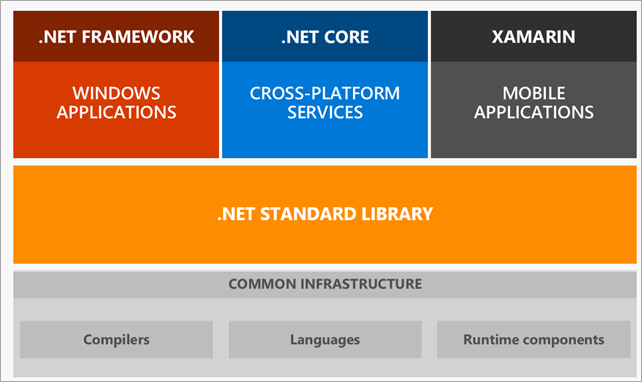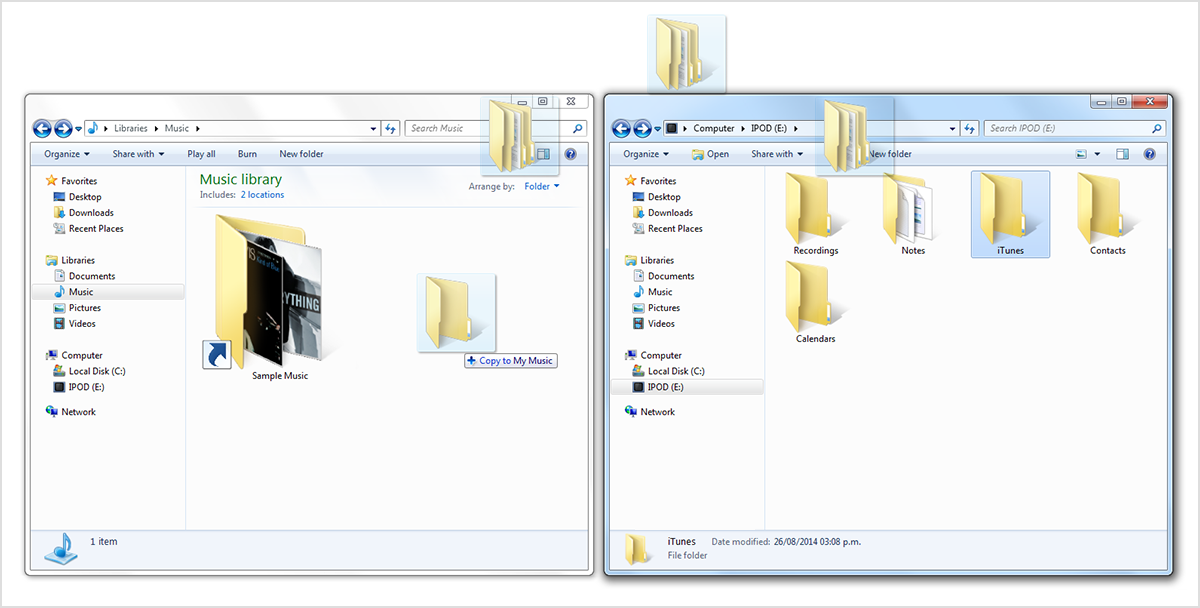Python Extension Mac Which C++ Stdlib To Add To Libraries
This preview release of the C/C extension adds language support for C/C to Visual Studio Code, including features such as IntelliSense and debugging. Overview and getting started. C/C extension overview; Get Started with C and Windows Subsystem for Linux (WSL) Get Started with C and Mingw-w64; Get Started with C and Clang/LLVM on macOS.
StdLib Setup Node Python Ruby Web

Basic Python bindings for StdLib service accession. Python 2.x and 3.x supported.
I am trying to integrate a third party library written in C with my python application using Cython.I have all of the python code written for a test. I am having trouble finding an example for setting this up. Extending Python with C/C code¶ Bob massively relies on a mixture between the user-friendly and easy-to-develop Python interface, and a fast implementation of identified bottlenecks using C. Typically, Bob‘s packages include both a pure C library, which can be included and linked in pure C code, as well as Python bindings for the C. Using C libraries¶ Apart from writing fast code, one of the main use cases of Cython is to call external C libraries from Python code. As Cython code compiles down to C code itself, it is actually trivial to call C functions directly in the code. Adding to the Stdlib¶. While the stdlib contains a great amount of useful code, sometimes you want more than is provided. This document is meant to explain how you can get either a new addition to a pre-existing module in the stdlib or add an entirely new module. Extending Python with C or C. It is quite easy to add new built-in modules to Python, if you know how to program in C. Such extension modules can do two things that can’t be done directly in Python: they can implement new built-in object types, and they can call C library functions and system calls. To support extensions, the Python API (Application Programmers Interface) defines a set. The official home of the Python Programming Language. This PEP proposes the adoption of a separate versioning scheme for the standard library (distinct from, but coupled to, the existing language versioning scheme) that allows accelerated releases of the Python standard library, while maintaining (or even slowing down) the current rate of change in the core language definition.
Used to interface with services built using StdLib andthe StdLib Command Line Tools.
The lib package is available on PyPI: lib andoperates as zero-dependency interface to run StdLib functions. This means thatyou can utilize any service on StdLib without installing any additionaldependencies, and when you've deployed services to StdLib, you have a pre-builtPython SDK --- for example;
To discover StdLib services, visit https://stdlib.com/search. To build a service,get started with the StdLib CLI tools.

Installation
To install in an existing Python project;
Usage
Sending File Data
In order to send file parameters, in Python 2.7 or 3.6, simply use;
Python Extension Mac Which C Stdlib To Add To Libraries Near Me
Where parameter is the parameter name expecting a file type (type 'buffer'as listed on StdLib).
There are a few ways to transfer your iTunes library from one computer to another: When you get a new Mac, use Setup Assistant (or Migration Assistant, if you’re switching from Windows) to move files—including your iTunes files—from your old computer to the new one. 
Additional Information
C Stdlib Functions
To learn more about StdLib, visit stdlib.com or read theStdLib CLI documentation on GitHub.
You can follow the development team on Twitter, @StdLibHQ
StdLib is © 2016 - 2017 Polybit Inc.
While The Python Language Reference describes the exact syntax andsemantics of the Python language, this library reference manualdescribes the standard library that is distributed with Python. It alsodescribes some of the optional components that are commonly includedin Python distributions.
Python’s standard library is very extensive, offering a wide range offacilities as indicated by the long table of contents listed below. Thelibrary contains built-in modules (written in C) that provide access tosystem functionality such as file I/O that would otherwise beinaccessible to Python programmers, as well as modules written in Pythonthat provide standardized solutions for many problems that occur ineveryday programming. Some of these modules are explicitly designed toencourage and enhance the portability of Python programs by abstractingaway platform-specifics into platform-neutral APIs.
The Python installers for the Windows platform usually includethe entire standard library and often also include many additionalcomponents. For Unix-like operating systems Python is normally providedas a collection of packages, so it may be necessary to use the packagingtools provided with the operating system to obtain some or all of theoptional components.
In addition to the standard library, there is a growing collection ofseveral thousand components (from individual programs and modules topackages and entire application development frameworks), available fromthe Python Package Index.
- 4. Built-in Constants
- 5. Built-in Types
- 6. Built-in Exceptions
- 7. String Services
- 8. Data Types
- 9. Numeric and Mathematical Modules
- 10. File and Directory Access
- 11. Data Persistence
- 12. Data Compression and Archiving
- 13. File Formats
- 14. Cryptographic Services
- 15. Generic Operating System Services
- 16. Optional Operating System Services
- 17. Interprocess Communication and Networking
- 18. Internet Data Handling
- 19. Structured Markup Processing Tools
- 20. Internet Protocols and Support
- 21. Multimedia Services
- 22. Internationalization
- 23. Program Frameworks
- 24. Graphical User Interfaces with Tk
- 25. Development Tools
- 26. Debugging and Profiling
- 27. Software Packaging and Distribution
- 28. Python Runtime Services
- 29. Custom Python Interpreters
- 30. Restricted Execution
- 31. Importing Modules
- 32. Python Language Services
- 33. Python compiler package
- 34. Miscellaneous Services
- 35. MS Windows Specific Services
- 36. Unix Specific Services
- 37. Mac OS X specific services
- 38. MacPython OSA Modules
- 39. SGI IRIX Specific Services
- 40. SunOS Specific Services
- 41. Undocumented Modules